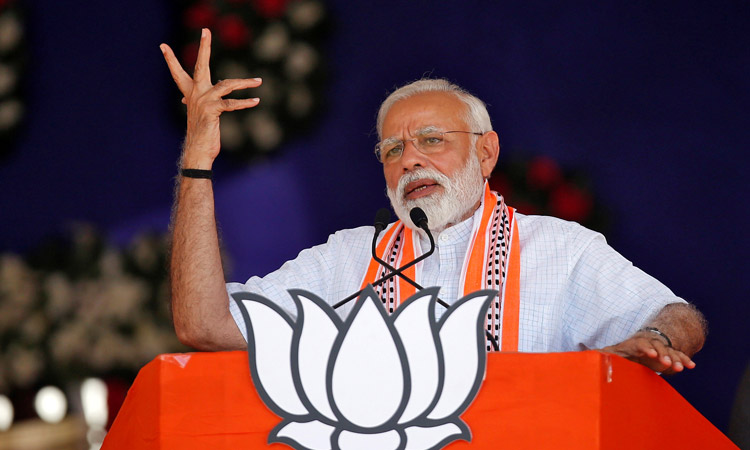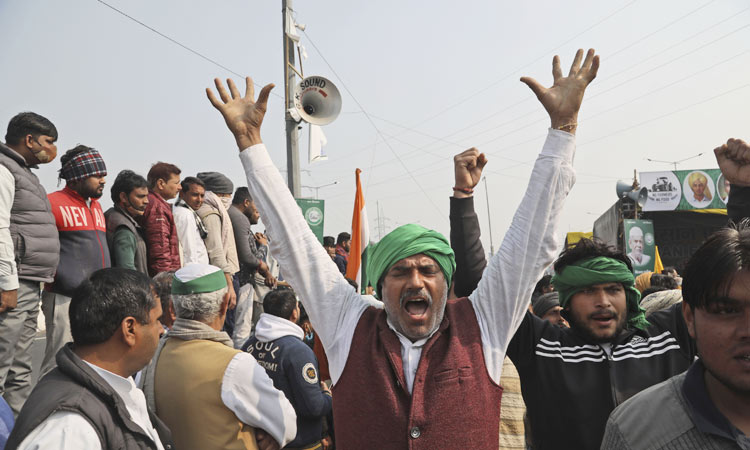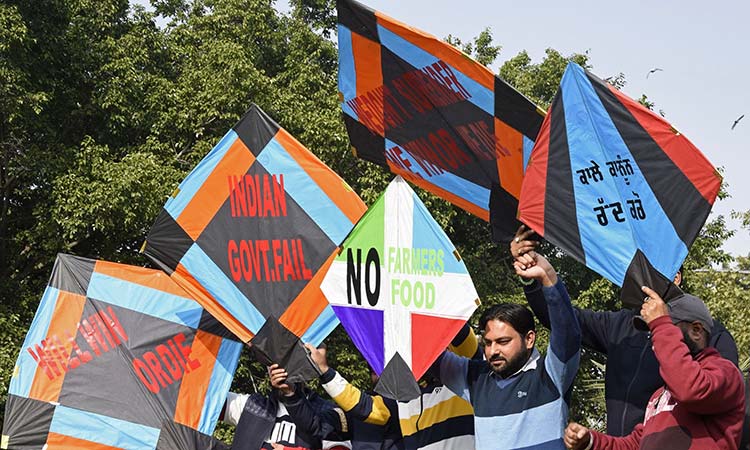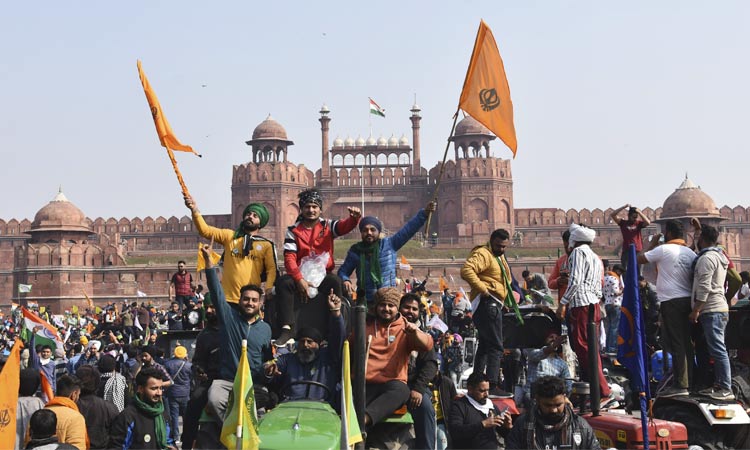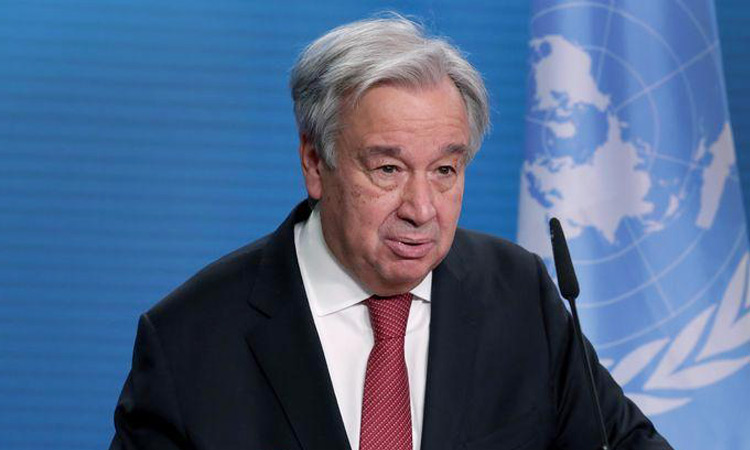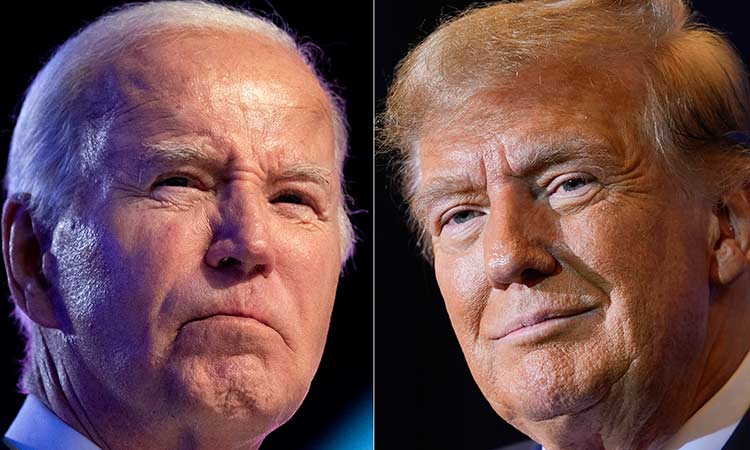Modi must step in to end farm laws face-off
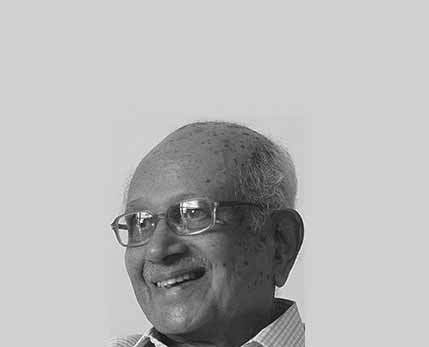
BRP Bhaskar
@brpbhaskarIndian journalist with over 50 years of newspaper, news agency and television experience.

Narendra Modi
An estimated 300,000 farmers, mostly from neighbouring states, had reached the outskirts of the national capital on November 26, 2020, to press their demand for repeal of three laws which the Modi administration pushed through Parliament.
According to the government, the laws will eliminate middlemen and help increase farmers’ incomes. What it actually does is to dismantle the traditional marketing system and let corporates take up marketing of farm produce.
Farmers fear corporate giants will grab their lands. Farmers’ unions decided to protest in Delhi as the Centre did not take note of the campaigns they conducted in their states.
They reached the Delhi border in trucks and tractors, overcoming hurdles put up by governments of Bharatiya Janata Party-ruled states. As they were not allowed to enter Delhi they camped there.
They said they were ready to stay there for six months or more. Initially the Centre refused to talk to the protesters. When it came under pressure to talk, it sent officials to meet them. Farmers’ leaders refused to talk to bureaucrats. The Agriculture Minister then came on the scene.
With farmers sticking to the demand for repeal of the laws and the government rejecting it, the talks floundered.
An attempt by the Supreme Court to promote mediation also failed. The farmers’ leaders refused to meet the intermediaries named by the court as they were all supporters of the laws.
In sheer exasperation, the court asked the Centre to hold the new laws in abeyance. It did not heed the advice. The court then passed an order staying implementation of the three laws. It was motivated by a desire to facilitate the return of the farmers, whose presence is choking the highways.
But the farmers refused to go home until the laws are scrapped. The face-off between the Centre and the farmers has created an untenable situation. The government cannot give effect to the laws it enacted unless the court recalls the stay order.
How can the court withdraw the stay when the farmers are still there?
Early on, the authorities had tried such tricks as placing obstacles in the way of social workers who were providing food and water to the protesters.
Attempts to discredit the protest by alleging links with Khalistani militants also did not gain traction. The government still has the option of using brute force to drive the protesters away.
It is not an easy option. Massive use of force against so large a body of people is sure to result in heavy casualties. Since whole families are at the protest sites the casualty list is bound to include a large number of women and children.
Public opinion will not condone wanton use of force against the farmers as their agitation has been, by and large, peaceful. It is now widely accepted that the acts of violence witnessed during the tractor rally, which they held in Delhi on Republic Day with police permission, were the work of miscreants.
Now the government is again ignoring the farmers’ presence at the Delhi border. It has scheduled no new meetings with their leaders. As if on a cue from the government, the media, too, is ignoring them.
They must know the protesters are not an apparition which will vanish if they shut their eyes. Reports from several states indicate that farmers’ unions are mobilising human and material resources to sustain the protest for much longer than originally planned.
Prime Minister Narendra Modi must take note of the enormous cost of the indefinite state-farmer confrontation. About 300 persons are reported to have died at the protest sites in the last four months. Can a democratic state ignore the sentiments that impel farmers to sacrifice their lives on this issue?
It is also extracting a political price from the prime minister and his party. The Akali Dal of Punjab, the BJP’s oldest ally, had pulled out of the Modi government on this issue.
Political observers have stated that if the issue is not resolved soon it will cause much harm to the BJP in the Hindi heartland states.
The nation, too, is paying a high price in terms of as-yet unquantified loss of food production and market disruption.
